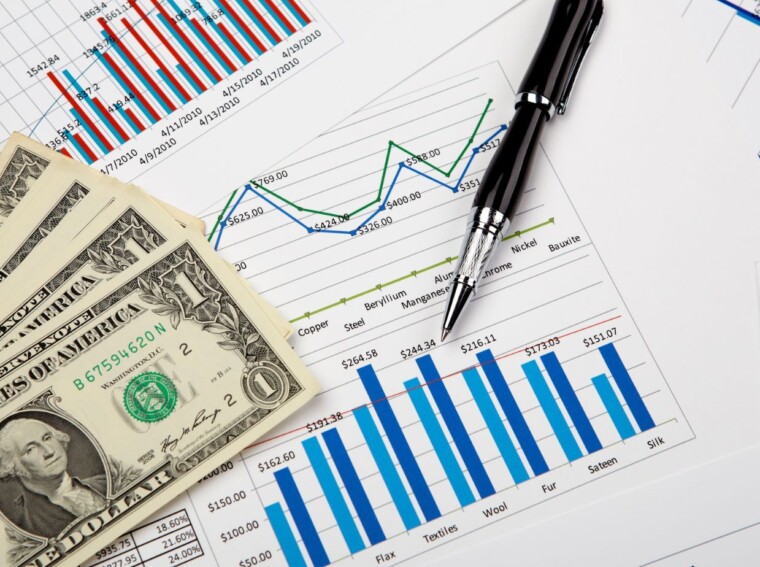Mia Wants to Buy a Book. The Economic Perspective Suggests that Mia Will Buy the Book if the
Let’s dive into an intriguing economic scenario. Picture this: Mia’s eyeing a book she’d love to add to her collection. Now, from an economic perspective, what conditions need to be met for Mia to go ahead and make that purchase?

Benefits of Buying a Book from an Economic Perspective
In the quest to satisfy Mia’s curiosity, there’s a vital need to deconstruct this economic scenario. As an economical thinker, I’m well aware that the decision to buy a book isn’t just influenced by the up-front cost alone. A variety of factors can guide Mia’s decision, and understanding these factors can enlighten us about the economic advantages involved.
Primarily, one of the factors that Mia will consider is the practice of cost-benefit analysis. Fundamentally, it’s about comparing the cost of the book with the potential benefits she’d derive from owning it. These economic benefits can be tangible or intangible.
Tangible benefits can include:
- Increased knowledge acquired from reading
- Possibility of resale at a higher value
- Addition to a valuable collection
In the meantime, intangible benefits could be the gratification of owning or completing a book collection, or the joy that comes with exploring a new literary world. The overall benefits receive a boost, consequentially, if Mia places high value on these intangible aspects.
An equally important factor is the opportunity cost. This economic principle suggests Mia will look at the next best way she could use her money. If she deems buying the book a higher priority than other potential uses of her money, such as dining out or saving, then the book wins!
Besides, let’s not forget about the principle of diminishing marginal utility. This suggests that the first book Mia buys may bring her immense joy, but every subsequent book might provide a bit less satisfaction than the one before.
However, in this case, if Mia is an avid reader and book collector who sees each new book as adding significant value to her collection, the concept of diminishing marginal utility could even be reversed, with each new book bringing escalating happiness.
To wrap things up – well, we won’t. We’ll leave that hanging in the air for you to uncover more about Mia’s economic decisions, and lean more towards the essence of these economic principles.
Factors Influencing Mia’s Decision
So it’s clear. Mia’s choice to buy a book isn’t as simple as it may seem. It’s an economic decision that involves weighing the costs and benefits, assessing the tangible and intangible gains, and considering the opportunity cost. It’s also about understanding the concept of diminishing marginal utility. Mia’s decision is a practical example of how these economic principles play out in our everyday lives. As we’ve seen, economics isn’t just about big businesses or nations. It’s about everyday decisions like Mia’s. So next time you’re faced with a similar choice, remember Mia and the economic principles that guided her.
